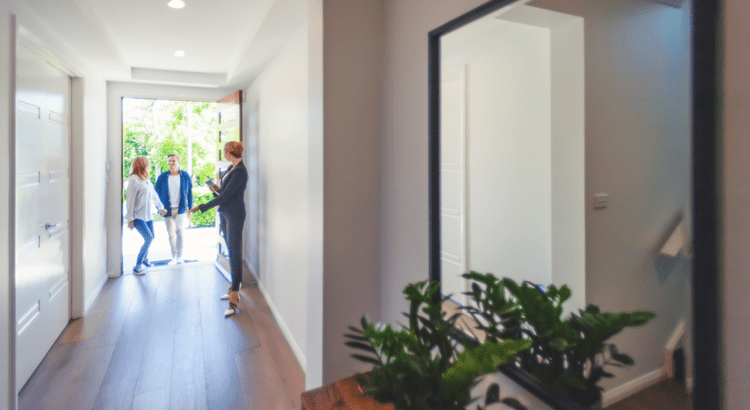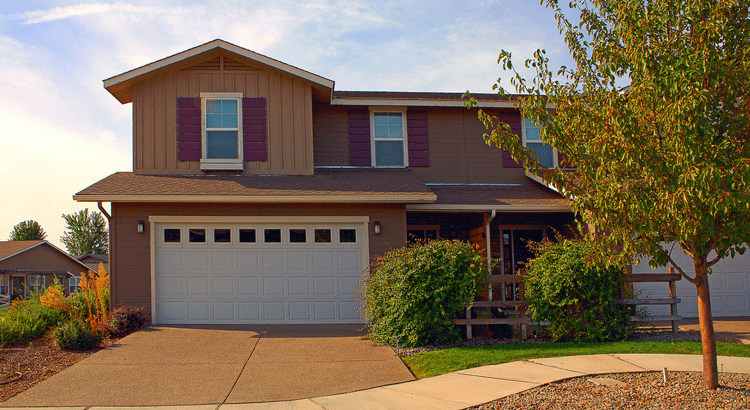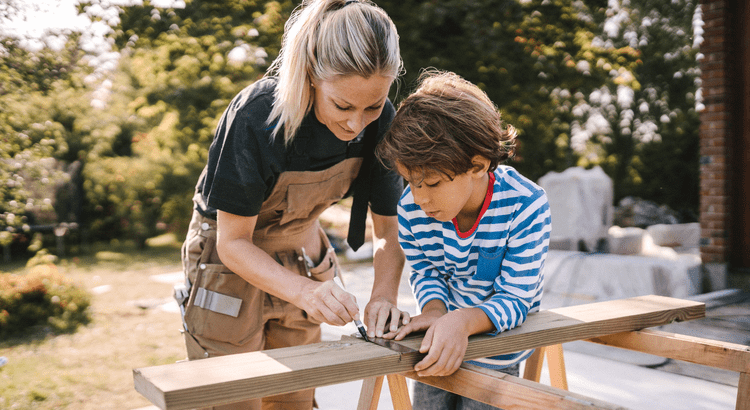Worried about Home Maintenance Costs? Consider This
Worried about Home Maintenance Costs? Consider This

If one of your main concerns about buying a home is the potential upkeep involved, here’s some useful information regarding both new home construction and existing homes (those that have been previously owned).
Newly Built Homes Need Less Upfront Maintenance
If it's within your budget, opting for a newly built home might alleviate some concerns about maintenance costs. Consider this: if everything in the house is brand new, it won't have the wear and tear typical of an existing home, which translates to a lower likelihood of needing repairs soon. As LendingTree points out:
“Since the systems, appliances, roof and foundation are new, you’re less likely to pay for major or minor repairs within the first few years of homeownership. That can make a big difference for first-time homebuyers who are adjusting to owning rather than renting.”
Plus, many builders also have warranties on their homes that would cover some of the more major expenses that could pop up. As First American explains:
“The new systems in your home, like plumbing, electrical, and HVAC, are typically covered for one to two years by your builder’s warranty. When something happens to these systems, you contact the builder or their warranty company.”
Existing Homes Can Still Have Great Perks
It's important to note that warranties aren't exclusive to newly built homes; they can also be an option for existing homes.
Your real estate agent might be able to negotiate with the seller to include a home warranty as part of the sale. However, keep in mind that not all sellers will be open to this idea. If the seller isn't willing to provide a warranty, you have the option to purchase one yourself. Forbes discusses this further in one of their articles:
“During a real estate transaction, a home warranty policy can be purchased by the buyer or the seller.”
And there are benefits for both parties when it comes to a home warranty. According to MarketWatch:
“A buyer’s home warranty benefits both buyers and sellers, as it helps the seller close the deal while providing the future homeowner with peace of mind that they’ll be covered if a system or appliance breaks down . . . Sometimes, a seller will pay for the first year of the home buyer’s warranty to sweeten the deal, but it depends on the real estate market.”
If a home warranty for peace of mind interests you, rely on your agent to negotiate on your behalf. They can approach the seller to see if they'd be willing to include a warranty in the deal. However, remember that the likelihood of a seller agreeing to provide a warranty often depends on the conditions of your local market.
So, Should I Buy New or Existing?
While new construction offers the advantage of less immediate maintenance, there are unique benefits to existing homes that new builds can't match.
For instance, existing homes often exude character and charm that are hard to replicate. The distinctive quirks of an older home can make it feel more welcoming and lived-in. Additionally, established homes typically feature mature landscaping and are part of well-developed communities, adding to their inviting atmosphere. Conversely, new constructions can feel like a blank slate, lacking these established features. Also, if you opt for a new build, you might face delays as you wait for construction to complete, depending on the stage of development. Ultimately, your choice depends on what you value most in a home.
Bottom Line
Whether you opt for a newly built or an existing home, a home warranty can help alleviate some of your concerns about maintenance. To explore your options and determine your top priorities, it's a good idea to consult with professionals. They can provide guidance tailored to your specific needs and help you make an informed decision.
Categories
Recent Posts










GET MORE INFORMATION

